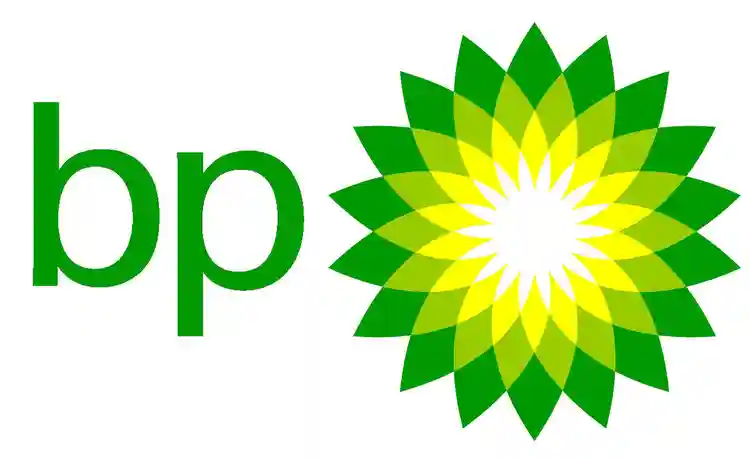Artificial Intelligence and Oil & Gas Industry – Partnership towards sustainable future
Climate change is a reality and is the biggest threat to mother earth! An estimated 65% of global industrial greenhouse gas emissions over the past two centuries are directly linked to the activities of oil and gas companies. As many see the oil and gas industry as a major source of pollution, the move towards sustainability is becoming the cornerstone of all strategies and plans of oil conglomerates.
Many oil and gas companies have embarked on an environmental management journey to promote environmentally sound industrial development.
- Abu Dhabi National Oil Company (ADNOC) announced its plan to reduce its greenhouse gas emissions intensity by 25% by 2030. As part of its sustainability initiative, ADNOC agreed to limit the freshwater consumption ratio to below 0.5% of total water use.
- BP has pledged to eliminate carbon emissions from its operations and reach net-zero carbon emissions by 2050 or sooner.
While individuals like Jeff Bezos have pledged $10 billion to combat climate change, oil and gas companies are adopting innovative technologies to improve environmental performance. The interest in technologies such as artificial intelligence and machine learning is steadily increasing among oil and gas companies. Many energy companies are now adopting AI-powered technologies to achieve their business goals while reducing environmental impact.
Many companies are now adopting AI-based data analytics to augment E&P capabilities and discover new exploration opportunities. The other major application areas include:
- Predictive maintenance
- Machinery and plant inspection
- Production planning
- Field services
- Quality control
- Distribution and marketing
Oil companies are now integrating AI technologies into their upstream, midstream, and downstream operations.
British Petroleum & AI
In January 2020, the oil and gas giant made an investment of USD 3.6 million in Chinese AI energy management tech company R&B to support BP Alternative Energy’s focus on low-carbon power and digital energy
BP also acquired the majority stake in fiber optic innovation company Fotech with an aim to integrate Fotech Fibre optic sensing solutions which are invaluable in protecting pipelines.
In January 2019, it invested USD 5 million in Houston-based AI startup Belmont Technology to use AI for accelerating its exploration activities. Belmont develops a cloud-based geoscience platform, called Sandy, using AI. With the investment, BP is planning to leverage Sandy to interpret geology, geophysics, historic and reservoir project information to create unique “knowledge-graphs.”
Aker BP & AI
In March 2019, Aker BP, partnered with AI Company, SparkCognition, to use artificial intelligence for accelerating its predictive capabilities. SparkCognition’s flagship product “Spark Predict” uses artificial intelligence algorithms to protect the health of machine assets, predict downtime, minimize maintenance costs, and optimize schedules.
Aker BP also made a strategic partnership with global industrial artificial intelligence software-as-a-service (SaaS) firm Cognite to explore the potential of robotics in the offshore oil and gas platform. With the acquisition, the companies will together work to use robotics systems to carry out safer, more efficient and sustainable offshore operations.
Baker Hughes & AI
In 2019, the US-based Baker Hughes, released its first AI application developed by the Baker Hughes – C3.ai joint venture. The application, called BHC3 Reliability, uses machine learning models to identify anomalous conditions that can upend equipment and processes. The applications alert operators to take action to prevent downtime.
In February 2020, the Baker Hughes and C3.ai joint venture also launched a new AI software to optimize oil and gas production. The product, BHC3 Production Optimization, uses artificial intelligence to allow well operators to view real-time production data and predict future production.
The oil and gas player also entered into a three-way deal with C3.ai and Microsoft Azure to boost the adoption of artificial intelligence technology in the oil and natural gas industry. Under the terms of the agreement, the companies will work together to streamline the adoption of scalable AI solutions for the energy industry. It combines the tech expertise of Baker Hughes, C3.ai’s AI platform and applications, and the Microsoft Azure cloud computing platform to address challenges across the entire value chain,
Other Deals
In late 2019, oilfield services company Schlumberger and software firm Dataiku teamed up to enable the E&P industry to build and deploy their own artificial intelligence solutions across the full breadth of their upstream workflows within the DELFI cognitive E&P environment.
Siemens selected Israel-based AI startup, Presenso, as its strategic partner in AI and machine learning for predictive asset maintenance for operations and maintenance solutions in oil and gas and distributed generation.
In July 2019, Japanese AI company, Preferred Networks, received 1 billion Yen investment from JXTG Holdings and launched a joint research project for optimization and automation in oil refineries.
Similarly, AI startups like OAG Analytics, Novi Labs, Earth Science Analytics, etc have received investment for accelerating AI innovations in oil and gas industry.
AI has already been incorporated into a number of areas within the oil and gas industry. AI could also help oil and gas companies to achieve their sustainability goals by predicting plant emissions in advance.
AI-based analyzers can identify the key variables that cause emissions. It will enable oil and gas companies to take action before violations occur. Swedish multinational corporation, ABB, already implemented such AI-powered emission prediction technology in one of the largest gas processing plants in the world. ABB’s Predictive Emission Monitoring System (PEMS) uses an empirical model to predict emission concentrations based on process data. By acquiring reliable information about emission levels, the system helps plant owners to take control actions to keep emissions inside law-enforced limits.
With the increased number of investments, cross-industry collaborations, and partnerships between AI & oil and gas industry, we can say that AI has real potential to make oil companies smarter in the future.
To deep dive and stay continuously updated about the most recent global innovations and learn more about applications in your industry, test drive WhatNext now!








Leave a Comment